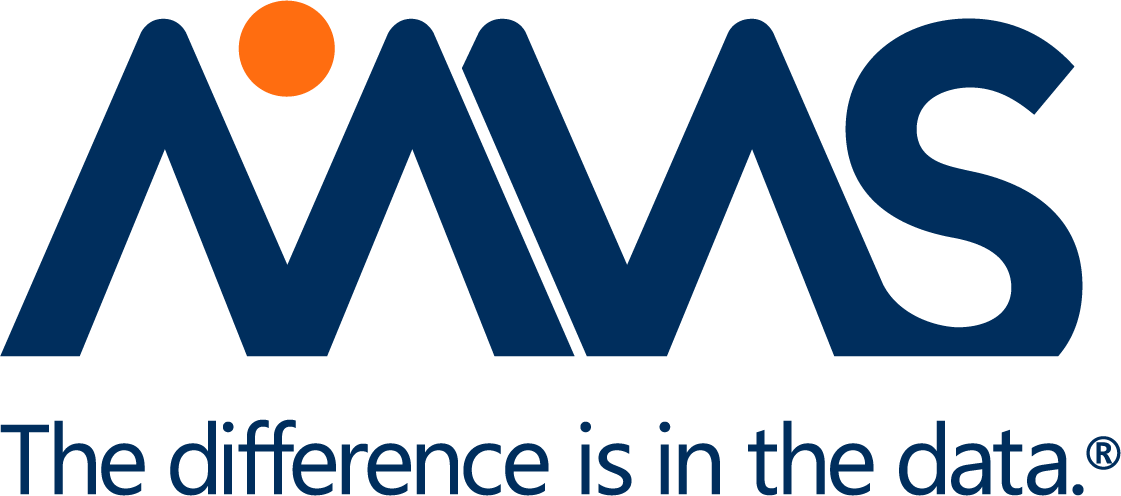To avert this, “proper quality management should focus on how to prevent quality issues from occurring in the first place, not just managing them,” said Erin Booth Ph.D., Manager, Regulatory and Medical Writing.
Precision takes time, focus, and experience, but even the most experienced professionals can make mistakes. By implementing a few essential, learned behaviors, quality can increase immensely, according to Dr. Booth and Parott.
Getting it right the first time
“It is important to produce quality work from the start,” says Parott. “This comes from early engagement, a commitment to the value of good work, and being proactive.”
Parott is saying that it is not acceptable to send any document to a sponsor that is anything less than stellar. Often, folks may be tempted to believe this is just a first draft so it’s not that important. This is where issues begin. Additionally, clear six sigma and lean management concepts indicate that following the correct processes, proper training, and putting in the effort upfront will reduce quality issues and time spent later on rework.
“Even first drafts of a deliverable should be ‘near final’ upon delivery to a sponsor,” adds Parott.
Taking accountability for deliverables
“Being accountable for the work that is produced is a number one priority,” said Dr. Booth.
Sponsors expect clinical research organizations to hold themselves and the study teams accountable for following the correct process. If processes are not followed, quality can be negatively impacted and concerns may rise quickly.
Dr. Booth added “As experts, it is imperative to feel comfortable standing our ground when either quality or best practices are at risk.”
Working directly with other experts
Parott states, “Open communication is vital to our success.”
When a sponsor has separate writing and statistics vendors for example, issues in judgement between them may arise. In cases like this, vendors may want to work together to discover why specific decisions were made on both sides.
However, getting another vendor to admit they are wrong and make updates may be difficult. There is evidence that the human brain is programmed to make people think that they are correct, even is it’s abundantly clear that they are wrong.
“Sponsors shouldn’t have to be the go-between in situations like this,” said Parott. “It is much easier to bring a strong solution to the sponsor, allowing them to focus on other, more important items.”
Proactive quality risk management
Letting primary contacts know of quality concerns before they become reality may seem like common sense, but it is not that clear cut.
Dr. Booth suggests, “Have a plan and partner with sponsors in preventing risks to quality and timelines. Many times, people can be afraid to speak up in an effort not to halt progress. Stating potential issues or process deviations before they happen may save a considerable amount of budget in the future.”
It is clear that Dr. Booth and Parott believe that quality is every person’s job, no matter their job title. In this highly-educated industry, experts should feel comfortable in their knowledge and stand up for the correct course of action. And, if it is an oversight on the expert’s behalf they should be able to recognize and admit the mistake, and rectify the situation. These qualities are the composition of a true leader.





